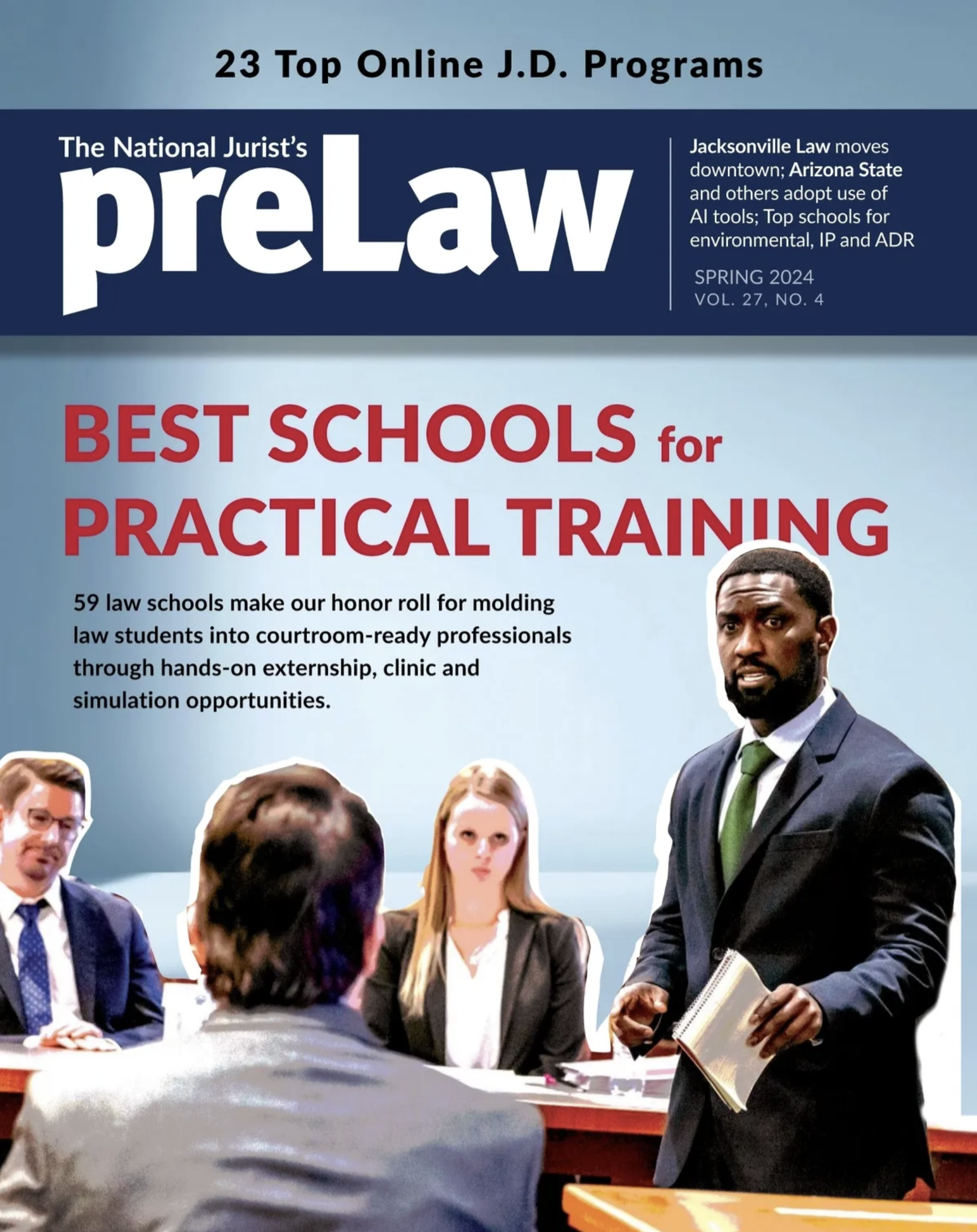The University of Miami School of Law has launched an ambitious immigration clinic in which students will represent low-income immigrants in South Florida. Eight law students will represent immigrants of all nationalities this fall, in court and before immigration authorities, and work on projects aimed at systemically improving the lives of immigrants.
“Our goal is for our students to make a lasting contribution to South Florida’s diverse and dynamic immigrant community,” said Assistant Professor Rebecca Sharpless, who previously worked at Florida Immigrant Advocacy Center before joining the law school faculty and who directs the new law school clinic. “We look forward to working together with existing immigrant advocacy organizations.”
Students will be the primary advocates of the clinic’s clients, taking responsibility for cases from start to finish. The clinic will accept cases of low-income immigrants of all nationalities in the full range of immigration matters, including asylum claims and deportation defense of longtime permanent residents.
In addition to individual cases, students will collaborate with local and national legal and community organizations on projects that advance the cause of immigrant rights. By increasing opportunities for practical training, the school hopes to increase the marketability of its students.
“This clinic is extremely important in advancing the rights of immigrants and in protecting the rule of law,” said Irwin Stotzky, who teaches and writes in areas of immigration and human rights law and who will be collaborating with Professor Sharpless. “It demonstrates the law school’s unyielding commitment to public service.”
The law school also established the Therapeutic Jurisprudence Center, directed by Professor Bruce J. Winick, who, along with Professor David B. Wexler of the University of Puerto Rico School of Law, founded the field of therapeutic jurisprudence in the late 1980s.
“The center will play a significant role in identifying the practical insights of law and psychology,” said Dean Patricia D. White. “Professor Winick’s work in this arena has been foundational and this center will advance his efforts, taking advantage of the significant interdisciplinary resources of the university.”
The center is interdisciplinary in nature, and has ties to other departments and professors within the University and other universities. It will conduct theoretical and empirical research, publish scholarly books, articles, reports and perform training for judges and lawyers. It will also conduct community programs, host conferences, symposia and other educational programs.





